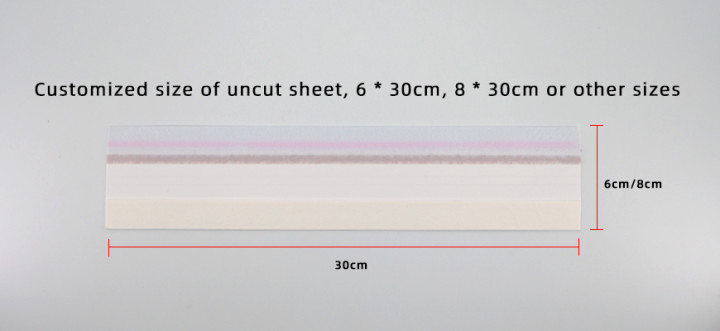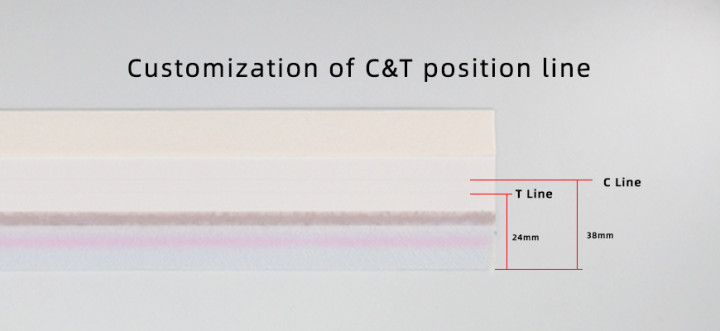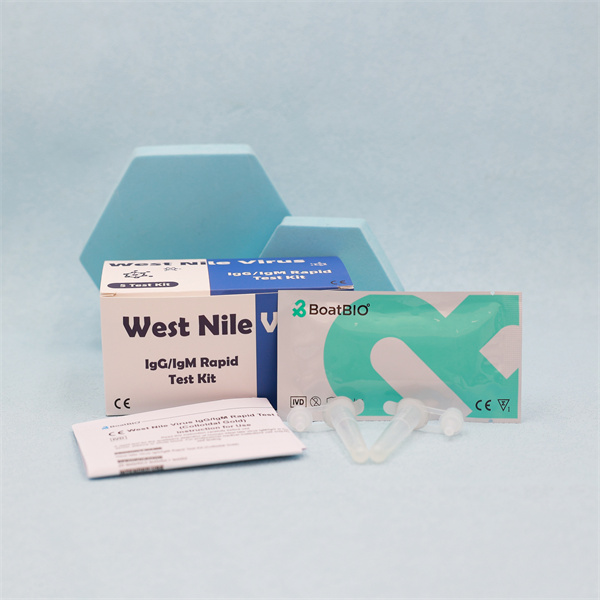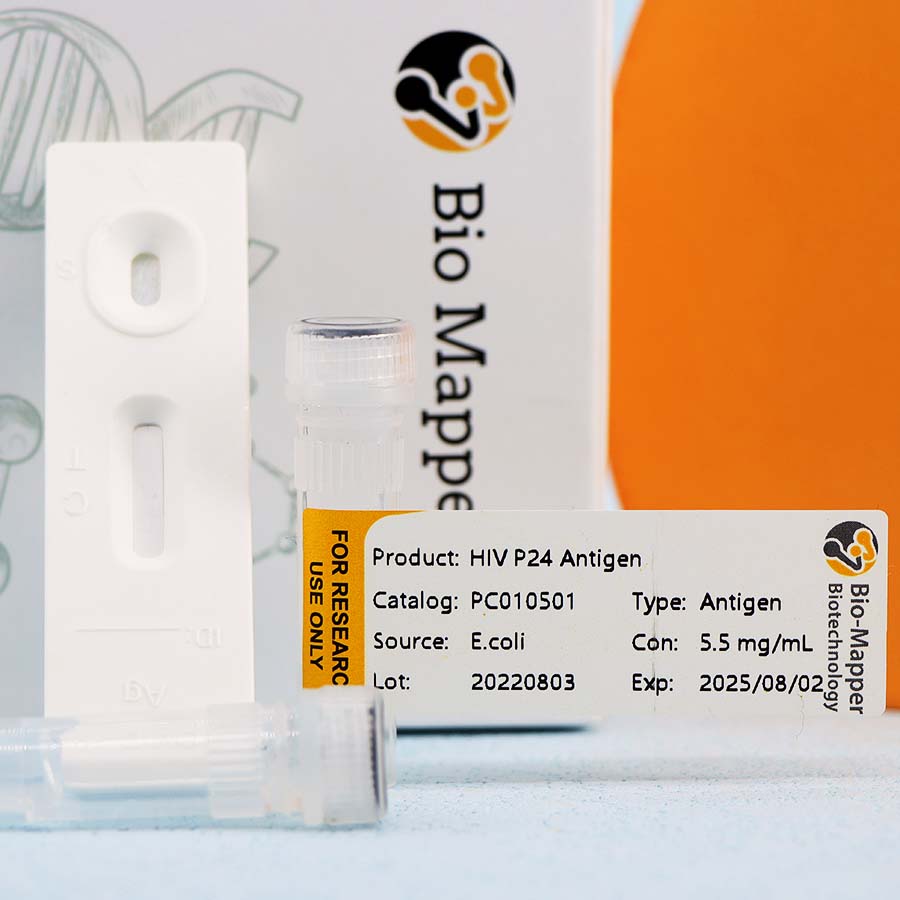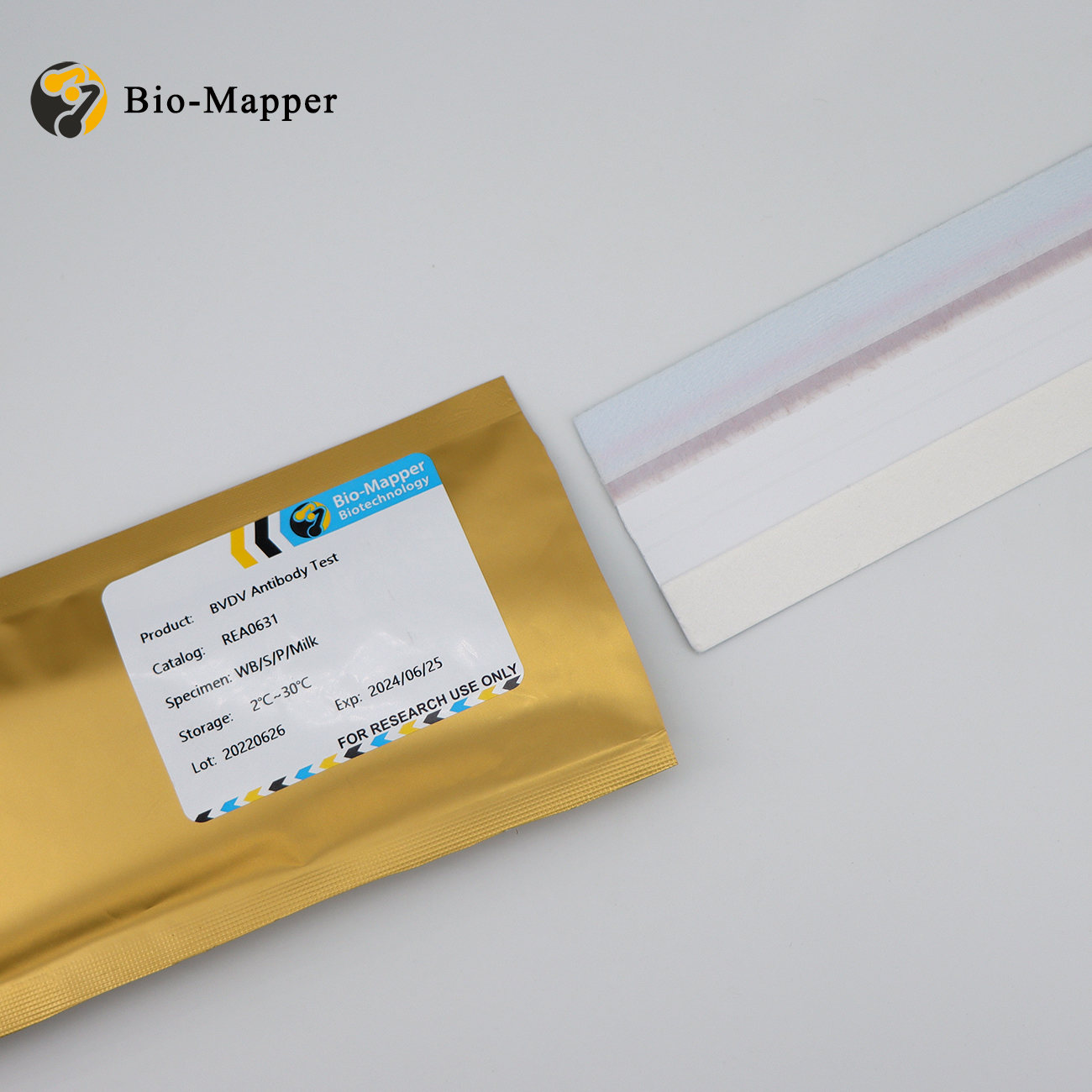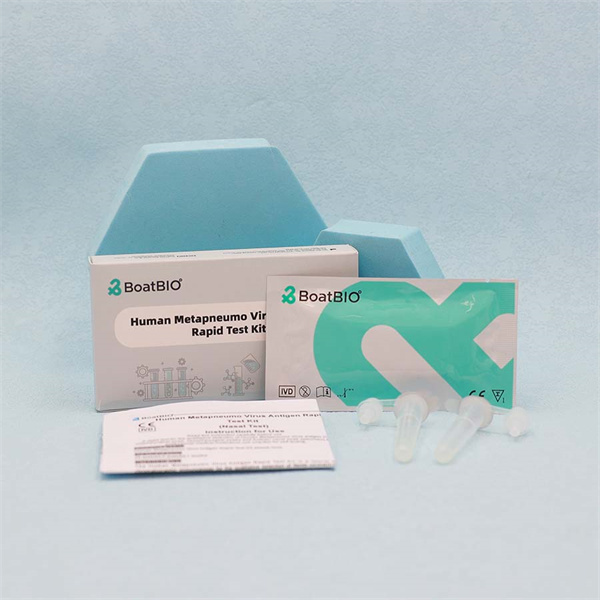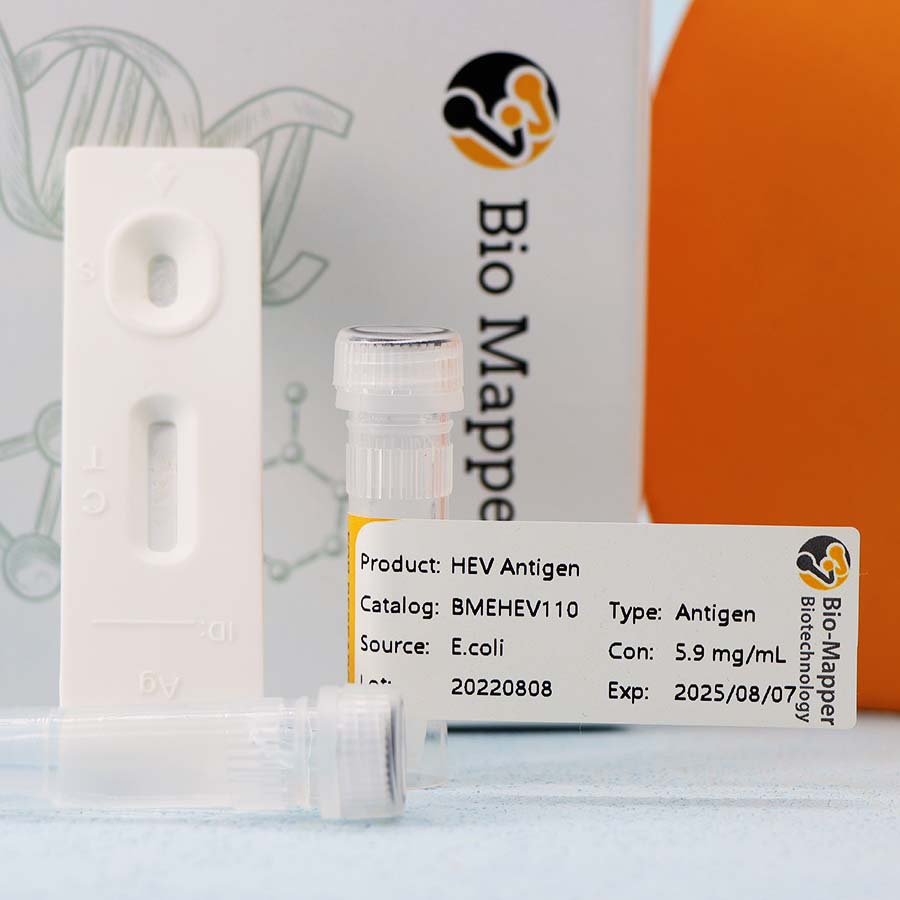Detailed description
Porcine epidemic diarrhea, abbreviated as PED (Porcine Epidemic Diarrhea), is a contact intestinal infectious disease caused by porcine epidemic diarrhea virus, other infectious diseases, parasitic diseases. It is characterized by vomiting, diarrhea, and dehydration. Clinical changes and symptoms are very similar to those of porcine infectious gastrointestinal tract.
Porcine epidemic diarrhea (PED) is a highly pathogenic contact intestinal infectious disease caused by Porcine epidemic diarrhea virus (PEDV), which mainly affects nursing piglets and causes high mortality. Obtaining maternal antibodies from milk is the most important way for lactating piglets to resist PEDV, and the secretory IgA contained in breast milk can protect the intestinal mucosa of lactating piglets and have the effect of resisting viral invasion. The current commercial PEDV serum antibody detection kit is mainly aimed at neutralizing antibodies or IgG in serum. Therefore, the study of ELISA detection method for IgA antibodies in breast milk is of great significance for the prevention of PED infection in nursing piglets.




